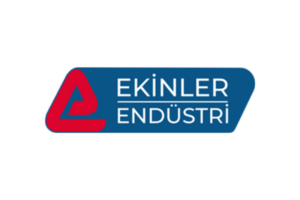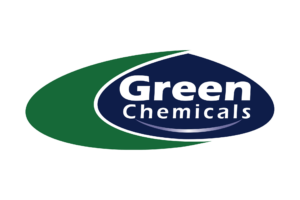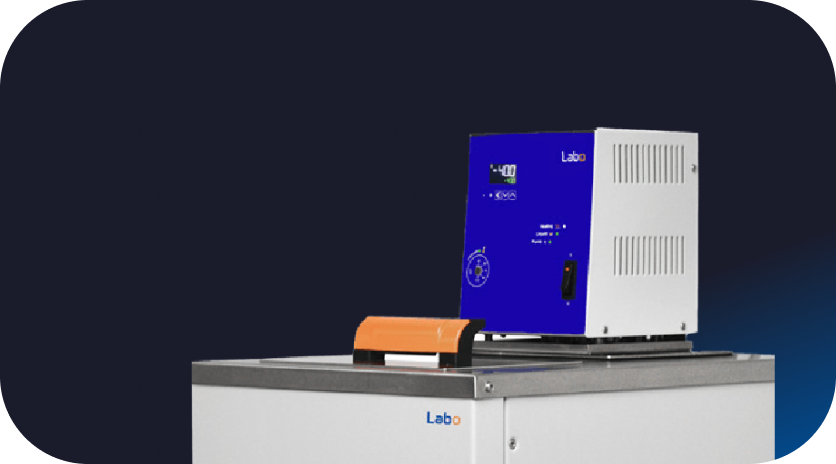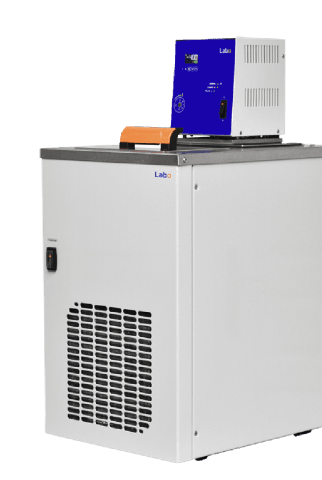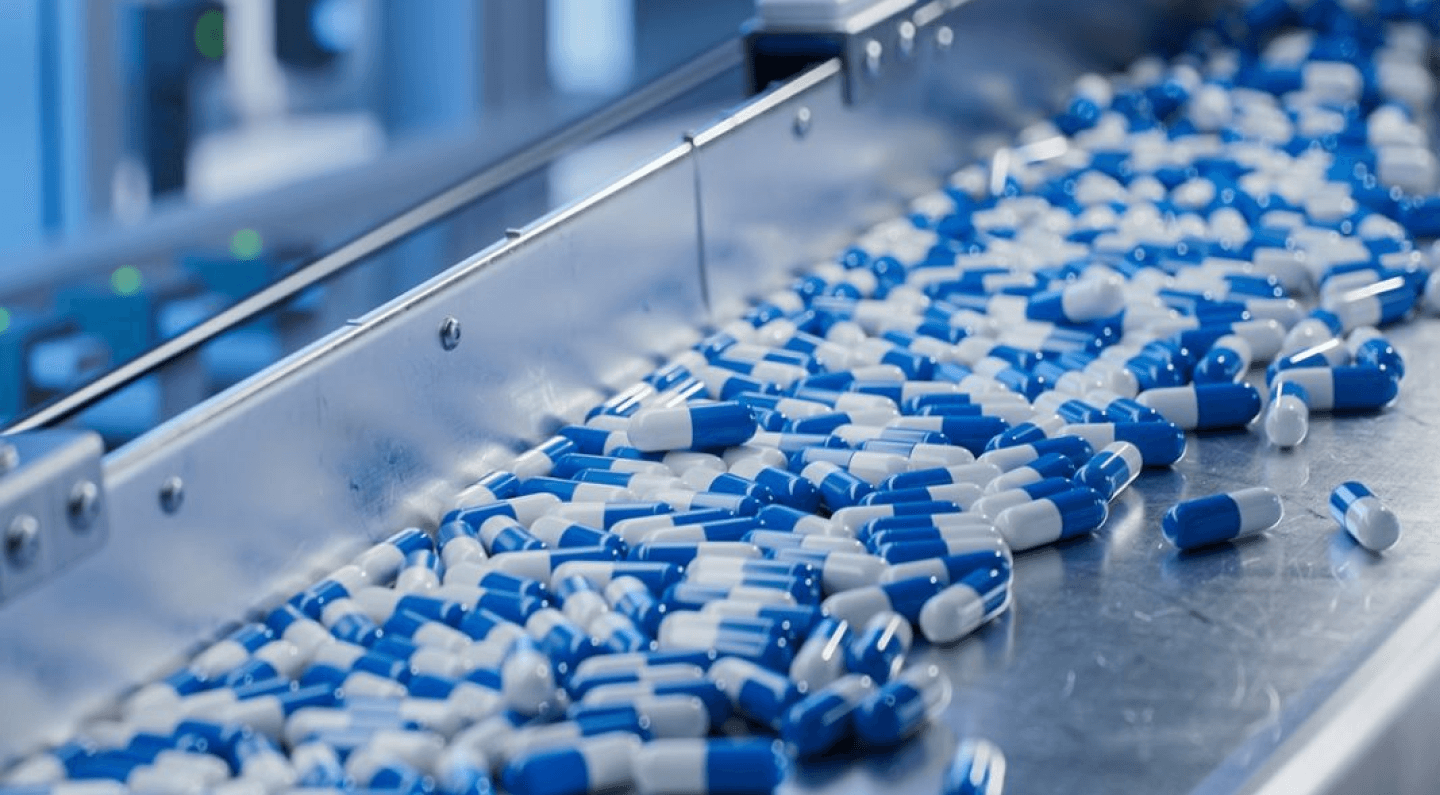Textile
The textile industry relies heavily on precise temperature control at nearly every stage of production, from processing raw fibers to dyeing, finishing, and printing fabrics. Accurate temperature management is fundamental to achieving consistent color, desired texture, optimal strength, and overall product quality. Temperature variations can lead to defects, affecting the aesthetic and functional properties of textiles. Our range of temperature control systems, including heating circulators, refrigerated circulators, water baths, and climate chambers, provides the essential precision and reliability needed to overcome these challenges. We support textile manufacturers in optimizing crucial processes, ensuring product quality, enhancing efficiency, and contributing to important sustainability goals through energy-efficient solutions and precise process control.
Precision Temperature Control for Quality and Sustainability in Textiles
The creation of textiles, from raw fiber to finished garment, is a multifaceted process where temperature plays a silent yet critical role. Across various subsectors – including fiber production, yarn spinning, weaving, dyeing, and finishing – maintaining specific temperature conditions is not merely a technical detail; it is essential for dictating the final characteristics and quality of the fabric.
Consider the impact of temperature throughout the textile lifecycle:
- Fiber Processing: The heating and stretching of fibers during spinning directly influences yarn strength, elasticity, and twist.
- Dyeing: Temperature is paramount for the uptake, fixation, and uniformity of dyes on fibers and fabrics. Incorrect temperatures can lead to uneven color, poor colorfastness, and wasted resources.
- Finishing: Processes like washing, drying, and heat setting rely on precise temperature to control shrinkage, enhance texture, and set the final dimensions and appearance of the fabric.
- Printing: Applying patterns requires specific heat levels for the printing paste to bond correctly with the fabric, ensuring design clarity and durability.
- Material Properties: The inherent strength, durability, and feel of a textile are significantly affected by the thermal conditions encountered during its production.
Without accurate temperature regulation, textile manufacturers face the risk of inconsistent product quality, increased waste due to defects like color fading or shrinkage, and an inability to meet stringent industry standards and consumer expectations for durability and performance. Furthermore, optimizing temperature is increasingly linked to achieving energy efficiency and sustainability targets within the industry. Precise temperature control is the cornerstone of producing high-quality, consistent, and sustainable textiles.
Our Solution: Enabling Excellence and Efficiency in Textile Production
We offer advanced temperature control solutions specifically designed to meet the diverse needs of the textile industry. Our reliable and precise systems are integrated into key manufacturing and testing processes, empowering manufacturers to enhance quality, boost efficiency, and advance their sustainability objectives.
Here’s how our temperature control devices support critical areas in textile production and testing:
-
Dyeing Process:
- Need: Precise temperature is crucial for uniform dye absorption and fixation.
- Solution: Our heating circulators and water baths provide accurate and stable temperature control for dyeing vats, preventing color inconsistencies and ensuring rich, even coloration of fibers and fabrics.
- Example: Maintaining the exact optimal temperature in a cotton dyeing bath ensures the dye fixes properly, yielding fabrics with vibrant and uniform color.
-
Finishing and Shrinkage Control:
- Need: Controlling temperature during finishing affects fabric texture, dimensions, and feel.
- Solution: Heating circulators, chillers, and water baths regulate temperature during washing, drying, and heat treatment processes, ensuring fabrics maintain desired shape, size, and texture while preventing excessive shrinkage or stretching.
- Example: Precisely controlling the temperature of steam or water used for shrinkage control in wool fabrics prevents excessive shrinkage and preserves the fabric’s intended dimensions.
-
Printing Process:
- Need: Heat is required for printing pastes to set correctly on fabric.
- Solution: Our heating circulators and water baths ensure the printing process occurs at the optimal temperature, allowing for precise and consistent application of designs that are durable and long-lasting.
- Example: Regulating the curing temperature of screen printing paste ensures the design fully bonds to the fabric, resulting in high-quality, vibrant prints.
-
Fiber Processing and Spinning:
- Need: Temperature impacts the physical properties of fibers during spinning into yarn.
- Solution: Heating circulators and temperature-controlled water baths precisely control temperature during fiber stretching, twisting, and spinning, enhancing yarn quality, strength, and elasticity.
- Example: Maintaining the correct temperature during the stretching of synthetic fibers like polyester ensures they develop the necessary strength and flexibility for subsequent processing.
-
Fabric Testing and Quality Control:
- Need: Testing fabric durability, strength, and colorfastness under controlled conditions.
- Solution: Our climate chambers simulate various environmental conditions, including temperature fluctuations, humidity, and heat exposure, to rigorously test how fabrics perform under stress and meet industry standards.
- Example: Simulating sunlight and washing conditions in a climate chamber tests fabric colorfastness, ensuring colors remain vibrant over time and use.
-
Sustainability and Eco-Friendly Dyeing:
- Need: Reducing energy consumption in high-temperature processes like dyeing.
- Solution: We provide energy-efficient temperature control systems that optimize heat usage during dyeing, finishing, and testing, allowing dyes to fix at potentially lower temperatures, reducing energy consumption and environmental impact.
- Example: Using our heating circulators to precisely control dye bath temperature enables efficient dye bonding at lower temperatures, significantly reducing energy demand.
-
Storage of Temperature-Sensitive Textiles:
- Need: Maintaining specific temperatures for storing sensitive fibers and fabrics.
- Solution: Refrigerated circulators and chillers create controlled temperature environments for storing sensitive textiles, preserving their quality, elasticity, and resistance properties before processing or use.
- Example: Storing high-performance outdoor fabrics at the optimal low temperature using our systems maintains their insulating or moisture-wicking properties until garment manufacturing.
-
Environmental Stress Testing for Textiles:
- Need: Assessing fabric resilience to environmental stressors like extreme temperatures, moisture, and UV.
- Solution: Our climate chambers simulate harsh conditions, including rapid temperature changes, humidity, and UV radiation, to test fabric performance and durability under real-world environmental stress.
- Example: Testing performance fabrics for sportswear in our chambers under simulated extreme weather conditions ensures they retain their functionality and durability in the field.
Collaborative Models for the Textile Industry:
We partner with textile manufacturers to drive innovation and efficiency:
- Tailored Temperature Control Solutions: We work closely to develop customized temperature control systems for specific dyeing, finishing, and testing processes, optimizing production efficiency and product quality based on unique needs.
- Sustainability-Focused Solutions: We offer energy-efficient temperature control technologies that help reduce the carbon footprint of textile production, supporting manufacturers in achieving their environmental goals.
- Research and Development Support: We provide essential temperature control systems for testing new fibers, fabrics, and processes during the R&D phase, enabling the development of innovative and high-performance textiles.
- Energy Efficiency Consulting: We assist manufacturers in optimizing energy usage within their temperature-controlled processes, leading to both cost savings and enhanced environmental performance.
Benefits to the Textile Industry:
- Improved Product Quality: Achieving consistent color, texture, and durability through precise temperature control.
- Increased Efficiency: Minimizing waste and defects, streamlining production processes.
- Sustainability: Reducing energy consumption and environmental impact with efficient temperature management.
- Regulatory Compliance: Meeting industry standards for quality, safety, and environmental responsibility.
- Innovation: Enabling the development and testing of new, high-performance textiles for evolving markets.

Testimonials
